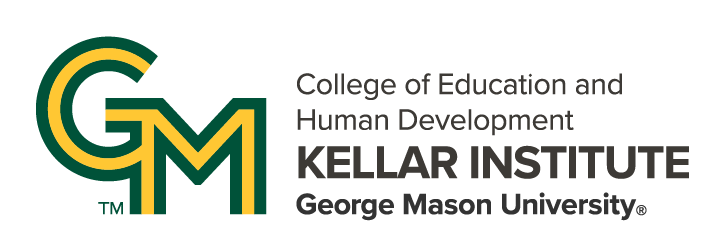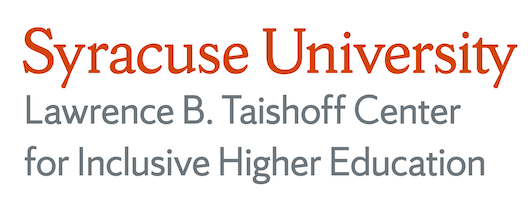Evaluating Self-Determination and Academic Enabling Behaviors in Students with Intellectual Disabilities in Inclusive Postsecondary Education Programs
DOI:
https://doi.org/10.13021/jipe.2024.3279Keywords:
IPSE, Intellectual disability, Self-determination, Non-cognitive skills, ACES Academic EnablersAbstract
Inclusive postsecondary education (IPSE) programs provide students with intellectual disabilities (ID) an opportunity to access higher education. As these programs have grown over the decades since their inception in 2010, it is becoming increasingly important that these programs use data-driven interventions to improve student outcomes, both academically and non-academically. Research in the area of non-cognitive skills suggest that focusing students with ID on skills like motivation and engagement or attitudes like action control beliefs can improve their performance in IPSE programs and lead to positive academic and career outcomes in the future. Here, we performed correlation analysis and multiple regression on two non-cognitive skills assessments, the ACES Academic Enablers and Self Determination Inventory, collected from ISPE students. This analysis shows that the degree of a student’s action-control beliefs as measured by the SDI is predictive of their ACES Academic Enablers performance. This suggests that interventions targeting the concept of action control beliefs can improve practical non-cognitive skills that can lead to academic and professional success for students with ID.
Downloads
Published
How to Cite
Issue
Section
License
Copyright (c) 2024 Ellen E. Potts, M.S., Andrew T. Roach, Ph.D., Allison Wayne, M.Ed., Erin Vinoski Thomas, Ph.D., MPH, Daniel Crimmins, Ph.D.

This work is licensed under a Creative Commons Attribution-NonCommercial-ShareAlike 4.0 International License.




